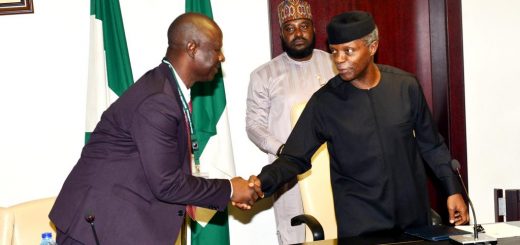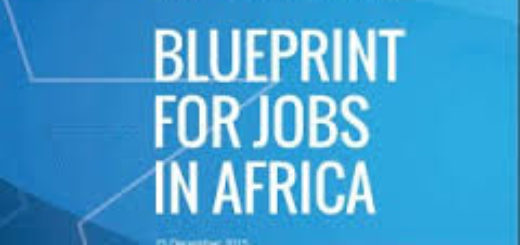Implementation of the Oronsanye’s Report: NECA lauds President Buhari on Approval
The Nigeria Employers’ Consultative Association (NECA), commended the Federal Government for approving the implementation of the long-overdue Oronsanye Report. The Report was submitted to President Goodluck Jonathan on April 16, 2012.

Speaking in Lagos, the Director-General of NECA, Dr. Timothy Olawale stated that “it is indeed commendable that the President has taken the bold step of approving the implementation of the Oronsanye Report, about eight years after its submission to the last administration. Over the past years, we have reiterated that the implementation of the Report is fundamental to the institutionalisation of operational efficiency and reduction of Government expenditure in the long term. It is worrisome that with over two hundred and fifty Institutions, Parastatals and Agencies of Government, the average cost of governance in Nigeria remains among the highest globally”.
Shedding light on the need for a wholesale implementation of the Report, the NECA DG expressed that “the Oronsanye Report should not suffer the fate of the Ahmed Joda Panel Report and the Allison Ayida Report of 1995. Both Reports made bold attempt to recommend the rationalization of Government Agencies and Parastatals. However, both suffered fatal fate because of the lack of political will to implement the Reports.”
The Director-General urged that “all efforts must be made to see to a logical conclusion the implementation of the Oronsanye Report as directed by the President. Recent global economic downturn has proved that the country cannot afford the burden of wasted Billions of Naira and over-lapping roles of some of the Ministries, Departments and Agencies. Some overlapping activities of the MDAs are, in reality, hinder the Ease of Doing Business efforts of Government.”
Affirming the imperative for reduced Government expenditure, Dr. Olawale averred that “for the cost of Governance to be reduced and ensure fiscal discipline, Government must go beyond the implementation of the Oronsanye report and deliberately reduce other leakages arising from over-bloated retinue of aids of political officers and expenditure profile with no direct national development impact; fast-track the deregulation of the down-stream oil sector and re-chart the course for rapid diversification of the economy. Herein lays our path to national economic and social renaissance”, he concluded.




Recent Comments